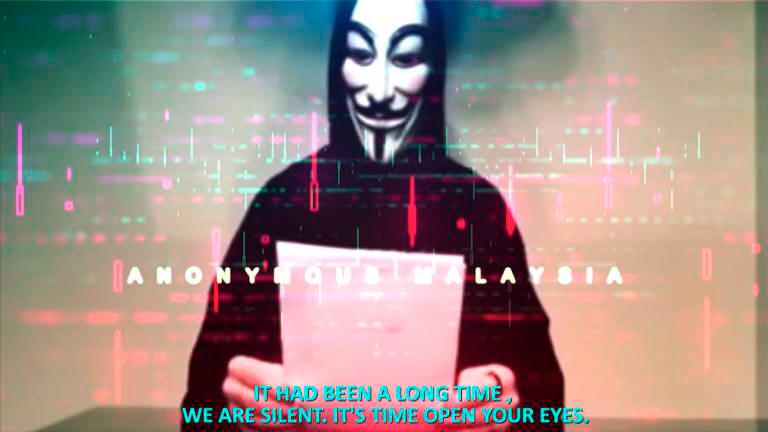PETALING JAYA: The government, businesses and individuals have been advised to play their respective roles in ensuring security for their online presence.
Cyber-security testing firm LGMS Group chief executive officer Fong Choong-Fook told theSun that legislation such as the Data Protection Act 2010 has failed to ensure a high level of security in cyberspace.
For instance, he noted that insurance agents continue to have access to phone numbers of internet users they can call to market their products. He attributed this to poor enforcement of the law.
Fong was commenting on a report that a group of hacker activists, who call themselves Anonymous Malaysia, have resurfaced with a new threat to attack government websites and online assets.
The group, using the hashtag #OpsWakeUp21, recently released two videos on their social media accounts to say that this was a wake-up call for the government. It claimed that data from government websites can now be easily leaked, thanks to the low level of security.
It also claimed that the government had failed to address the leakage of data of 46 million mobile number accounts in 2017.
This prompted the National Security Council and National Cyber Security Agency to issue a warning to government agencies, to tighten security measures on official data.
Fong said the claim by the hackers is “slightly unfounded”, given that there has been no evidence government data has been stolen and sold to third parties.
Nonetheless, he said the government could do better by strictly enforcing the law and penalising violators.
He also warned that although the group’s threat of a “massive” cyber attack has yet to materialise, such attacks “are happening all the time”.
“They are happening as we speak.”
Fong said companies should stop treating cyber breaches as an IT issue but to look at it as a threat to their businesses.
“Individuals should be careful with their passwords. Do not use unknown or unfamiliar WiFi connections for transactions.”
Criminologist Shankar Durairaja said the impact of the Covid-19 pandemic that has led to a financial crisis and an unstable political situation in the country has made government agencies vulnerable and prone to manipulation.
“This may have led to the sudden resurgence of online threats,” he said.
However, he said there is no concrete evidence to support the claim that leaked data is sold to third parties.
Shankar said hackers can gain access to crucial information but the government can protect itself by training network engineers and system administrators with security-related skills, as well as hire cyber-security experts to test systems.
Anonymous Malaysia gained notoriety in 2011 when it took down 91 government websites for eight hours, in response to a ban on sites such as WikiLeaks and The Pirate Bay.
It resurfaced in 2015 with a threat to blow up then Inspector-General of police Tan Sri Khalid Abu Bakar in his car.
It also threatened to start a cyber war with Datuk Seri Najib Abdul Razak unless he stepped down as prime minister.













